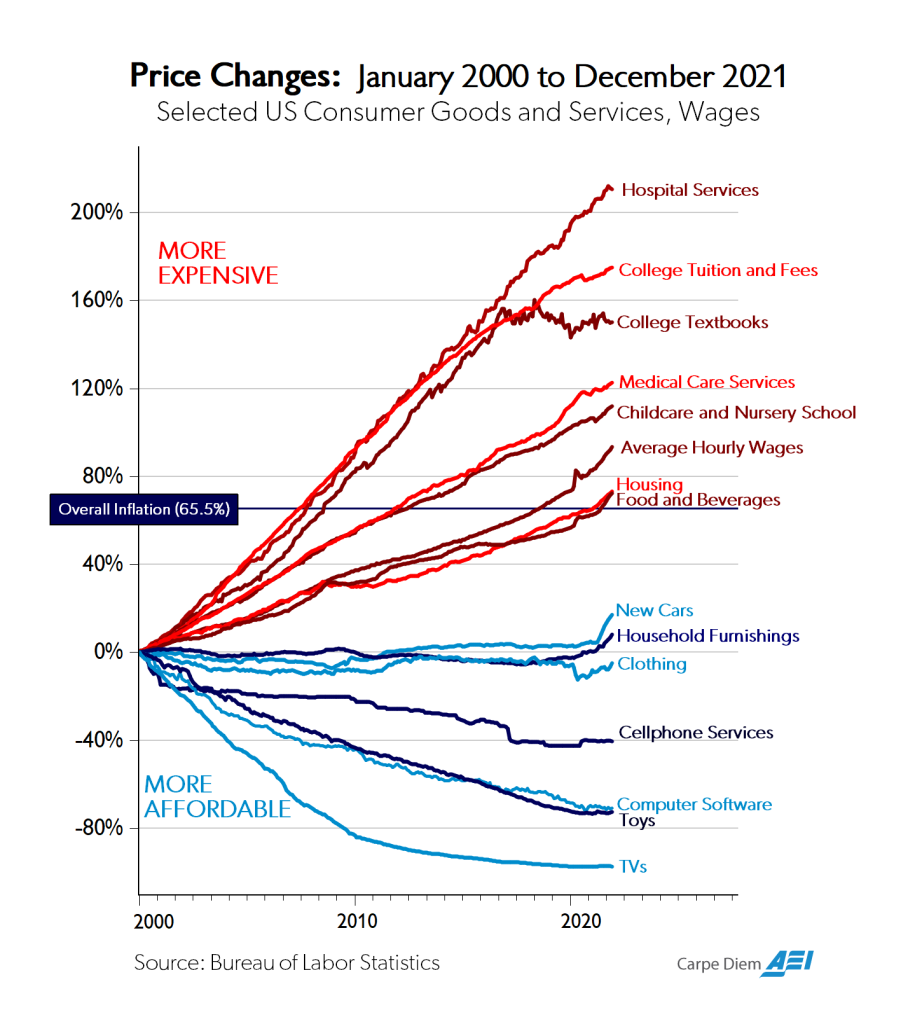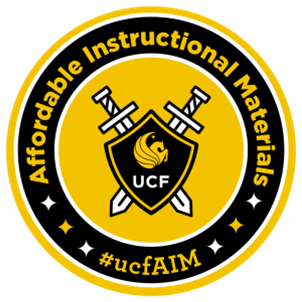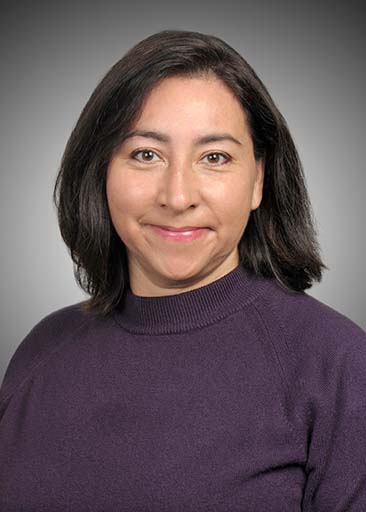UCF’s Inaugural Open Ed Live Event Showcased Faculty Support for Open Education
All Libraries, STARS Digital Repository, Textbook Affordability Posted: May 7th, 2024UCF’s inaugural Open Ed Live event was held online earlier this year and brought together higher ed teaching faculty, librarians, and instructional designers to explore the boundless opportunities of open education. The event was hosted online by the Division of Digital Learning along with members of UCF Libraries, UCF Bookstore, and the UCF Office of […]







